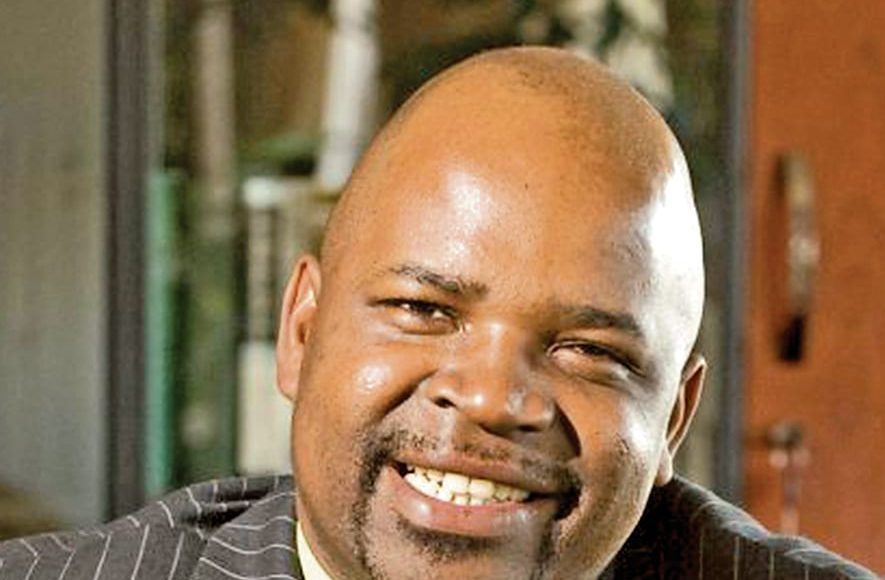Johannesburg – The contemporary canon of South African struggle titles chronicle, in the main, the glistering accomplishments of our male icons and idols, as well as the few idiots among them.
Sometimes, all three character traits coexist unhappily, inside one and the same male body. Sometimes, their girlfriends, wives or daughters get a mention or two.
Often, their female struggle peers are greyed out. Many of these males have nothing on Charlotte Maxeke.
For this reason, the recent debate between Athambile Masola and Panashe Chigumadzi about how best to remember Charlotte Maxeke was as necessary as it was refreshing.
In recent years, both scholars have penned valuable works on the memorialisation of black women in the history of the struggle. More power to their pens. Elsewhere, Masola has rightfully lamented the stunning absence of (serious engagement with) Maxeke in some works about her “younger brothers” and contemporaries such as Pixely ka Seme – “as though he had never lived in proximity to her, politically and geographically”.
There are at least two substantive works on Maxeke – the thesis of Thozama April-Maduma and the biography of Maxeke by Zubeida Jaffer.

The other two, less substantive, are Alfred Xuma’s essay in favour of higher education for women, using Maxeke as an example, as well as Margaret McCord’s biography of Maxeke’s sister, Katie Makanya.
As an accomplished speaker, institution builder and thinker, Maxeke has left us enough cues and clues about the trajectory of her leadership and the shape of her vision for our society.
The few Maxeke scholars and biographers are already demonstrating how we could and should frame her legacy. And yet, there remains a glaring mismatch between the measure of the woman called Charlotte Mannya Makgomo Maxeke and her conspicuous absence in the national imagination and in our popular culture.
To close this gap, we need much more than the voluntary if also sporadic literary works of a few Maxeke devotees.
Many more people need to take ownership of the heritage that she is.
Lest I be accused of nursing the habitude of ingratitude, let me thank the three or so local municipalities which, as part of the transformation drive, have renamed some streets after Maxeke.
Unfortunately, according to Masola, the streets in question are so obscure “one is only likely to stumble upon [them] when lost”.
But earlier in March, our government appeared to snap out of its general state of lostness when, in a moment of random brilliance, it declared 2021 the year of Charlotte Maxeke. Immediately thereafter, government advised us to “use the hashtag #YearofCharlott eMaxeke” as we unleash our “memorialisation activations”, whatever those are.
But, my fellow South Africans, don’t let my ignorance stop you from rolling out your humongous “memorialisation activations”. I doubt if government hashtags and declarations alone will be enough to catapult Maxeke into the heartbeat of our popular culture.
If anything, the very embracing of Maxeke by a government and a party, which is deeply implicated in many of our recent problems, may disadvantage Maxeke.
But the real trouble with Maxeke is that, both during and after her lifetime, she couldn’t be easily slotted in any of the available boxes of political expediency.
On Monday, January 8 1912, as the all male delegates to the inaugural SANNC meeting filed into the Methodist Church hall in Bloemfontein, they were flabbergasted to find seated inside, the queenly figure of Maxeke.
She was the only woman delegate in the meeting.
She was a composer and singer who had sung for and met the Queen of England.
She was a qualified teacher, a church leader and a holder of an American science degree and a social worker.
Maxeke was fluent in Sepedi and iSixhosa.
She was brilliant in English.
She was counsellor to King Sabata Dalindyebo of AbaThembu.
She was more qualified than the average bloke at the inaugural SANCC conference.
I surmise that the only reason she was not elected the first president of the ANC is that she was a woman.
For as she noted in a speech in England, in those days, women were but cattle.
Only in 1943 – four years after Maxeke’s death – were women allowed to be members of the ANC.
And yet, in 1912, she co-founded the ANC, and while at it, she also confounded the ANC.
Owing to their well-known allergic reactions to intellectualism and education, some current factions of the ANC would probably regard Maxeke as nothing but “a clever black”.
Still, she confounds.
• Prof Maluleke is a Senior Research Fellow at the University of Pretoria Centre for the Advancement of Scholarship. Follow him on Twitter @ProfTinyiko
Click here to read more political news and analysis from this week’s paper.
Follow @SundayWorldZA on Twitter and @sundayworldza on Instagram, or like our Facebook Page, Sunday World, by clicking here for the latest breaking news in South Africa. To Subscribe to Sunday World, click here.
Sunday World




